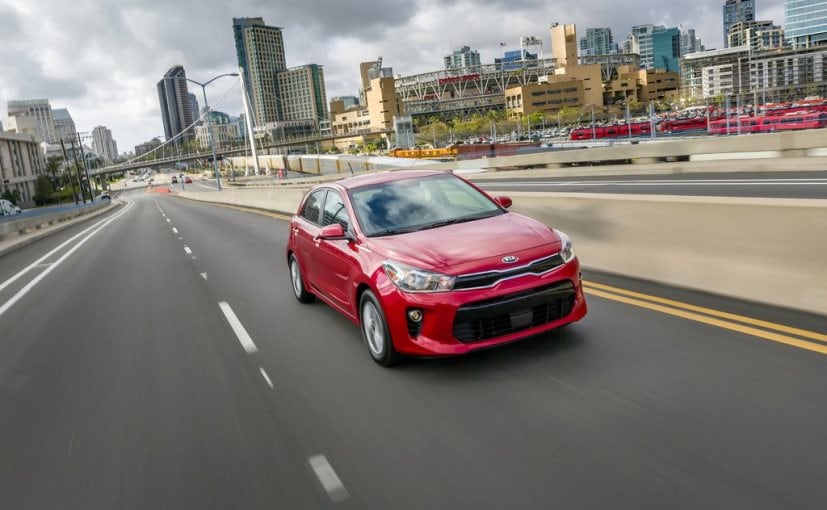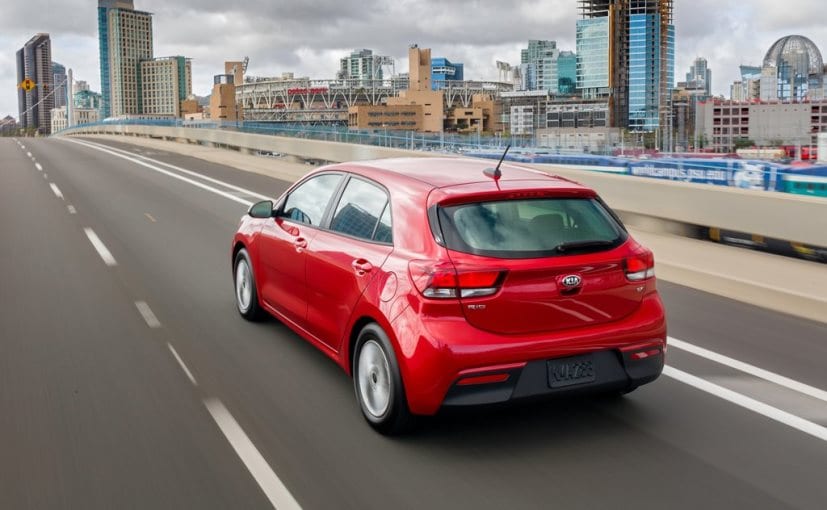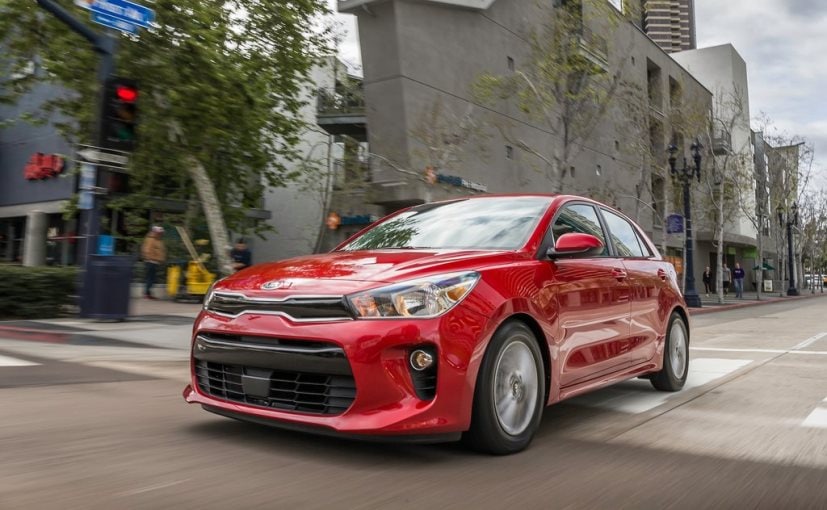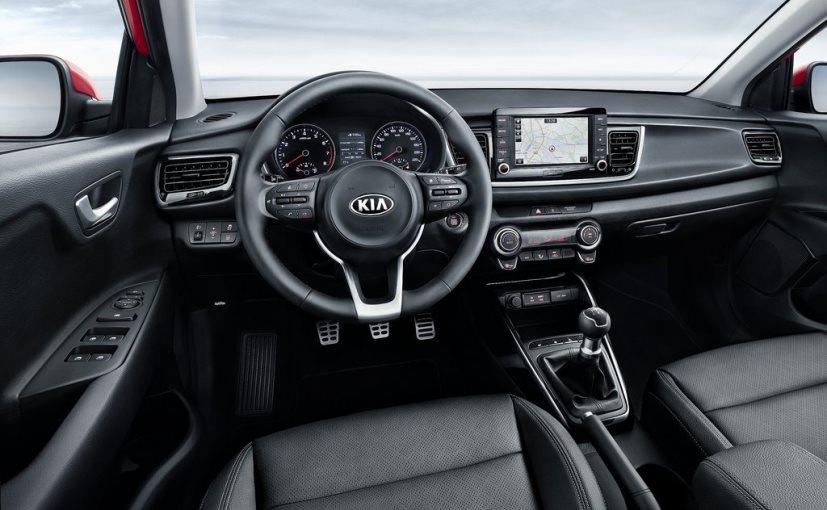New-Generation Kia Rio Hatch And Sedan: 9 Things You Need To Know
Kia Motors upcoming facility will be functional in 2019 and one of the first products to enter the India market will be the Kia Rio hatchback and sedan. The new-gen Rio sedan and hatch have already made there global debut and here are 9 things you need to know about them.

Highlights
- The Rio twins will be one of the first Kia models to be launched in India
- The new-gen Kia Rio hatchback premiered at the 2016 Paris Motor Show
- The new Kia Rio compact sedan debuted at the 2017 New York Auto Show
Kia Motors has finally announced its plans to enter the Indian market and the carmaker will be bringing most of its global fleet into the country. The carmaker has announced an investment of $ 1.1 billion for its new manufacturing plant in Anantapur district of Andhra Pradesh, which kick-starts operations in 2019 and will locally manufacture 3,00,000 cars annually. The new-generation Kia Rio hatchback and sedan will be one of the first models to enter the Indian market and here are 9 key things that you should know about them.
- The new-generation Kia Rio hatchback made its global debut last year at the 2016 Paris Motor Show, whereas its sedan counterpart, the new Kia Rio compact sedan was shown to the public last month at the 2017 New York Auto Show.
Kia Rio hatchback premiered at the 2016 Paris Motor Show

- In its fourth generation, the Kia Rio hatch looks bolder and more handsome and comes with some changes in the dimensions as well. The car now sits slightly lower and is also a bit longer now by 16mm, which gives the car an imposing stance. The Kia Rio sedan has also been redesigned ground-up and now looks more like a baby Kia Optima which is a premium sedan offering
- The Rio sedan shares its design and styling with the Rio hatchback, so much so that both the cars get the same face and the same exterior equipment like the stylish headlamp cluster, electric ORVMs, foglamps and more. But once to get to see the profile you start to see the difference between the two cars thanks to the well-designed rear section that looks very proportionate and stylish.
The new-gen Rio twins will be one of the first Kia models to be launched in India

- Styling wise, both the new Rio sedan and hatchback come with Kia's signature tiger nose grille with sweptback headlamps, large hexagonal airdam and round foglamps with chrome bezels. Both the cars also come with new 15-inch alloy wheels that look nice on the hatch but appear to be a bit smaller for the sedan.
- Both the Kia Rio hatchback and sedan are built on the same platform as the Hyundai Verna which is known as the Accent in South Korea and a few other markets. So once the cars are launched in India, the Rio hatchback will see itself competing with the Hyundai i20, whereas the Rio sedan will go head to head with the Hyundai Verna, which is also up for a generation upgrade this year in India.
Kia Rio hatchback and sedan are built on the same platform as the Hyundai Verna

- In the US, Kia offers the Rio hatchback in three variants - LX, EX, and SX, whereas the sedan version comes in two variants only LX and EX. The same wouldn't be the case in India. Kia might take a leaf out of Hyundai's book and offer a long list of variants.
- The cabin of the new-generation models has also gone through a considerable amount of change. The wheelbase has been increased on both the cars by 10 mm so that means a bit more legroom. Also, many styling cues have been picked from the larger Kia Optima and Cadenza. While the Rio hatchback comes with an all-black cabin, the Rio sedan gets a dual black and red tone treatment with matte red panels for the dashboard, door inserts and red stitching for the upholstery.
- The cars also come with a nice touchscreen infotainment display with controls on either side of it. The infotainment system is assisted by Apple CarPlay and Android Auto as well. There is also a three-spoke steering wheel with controls for music, telephony and other features like automatic climate control. There is also a wide hand rest between the driver and passenger seat.
The cars receive a plethora of features for comfort and entertainment

- The India-bound Rio sedan and hatchback will also share their powertrains with the Hyundai Verna. This means you get the same 1.4-litre and 1.6-litre petrol engines along with a 1.4-litre diesel and a 1.6-litre diesel engine. Transmission options will include both manual and automatic gearboxes.
When launched, as mentioned before, the Kia Rio hatch will compete in the premium hatchback space with the likes of the Maruti Suzuki Baleno and Honda Jazz, while the Rio Sedan will rival the likes of Honda City and Maruti Suzuki Ciaz. Kia is likely to price the Rio twins in the same vicinity of their Hyundai counterparts even slightly cheaper to attract more customers.
Last Updated on April 29, 2017
Stay updated with automotive news and reviews right at your fingertips through carandbike.com's Google News














